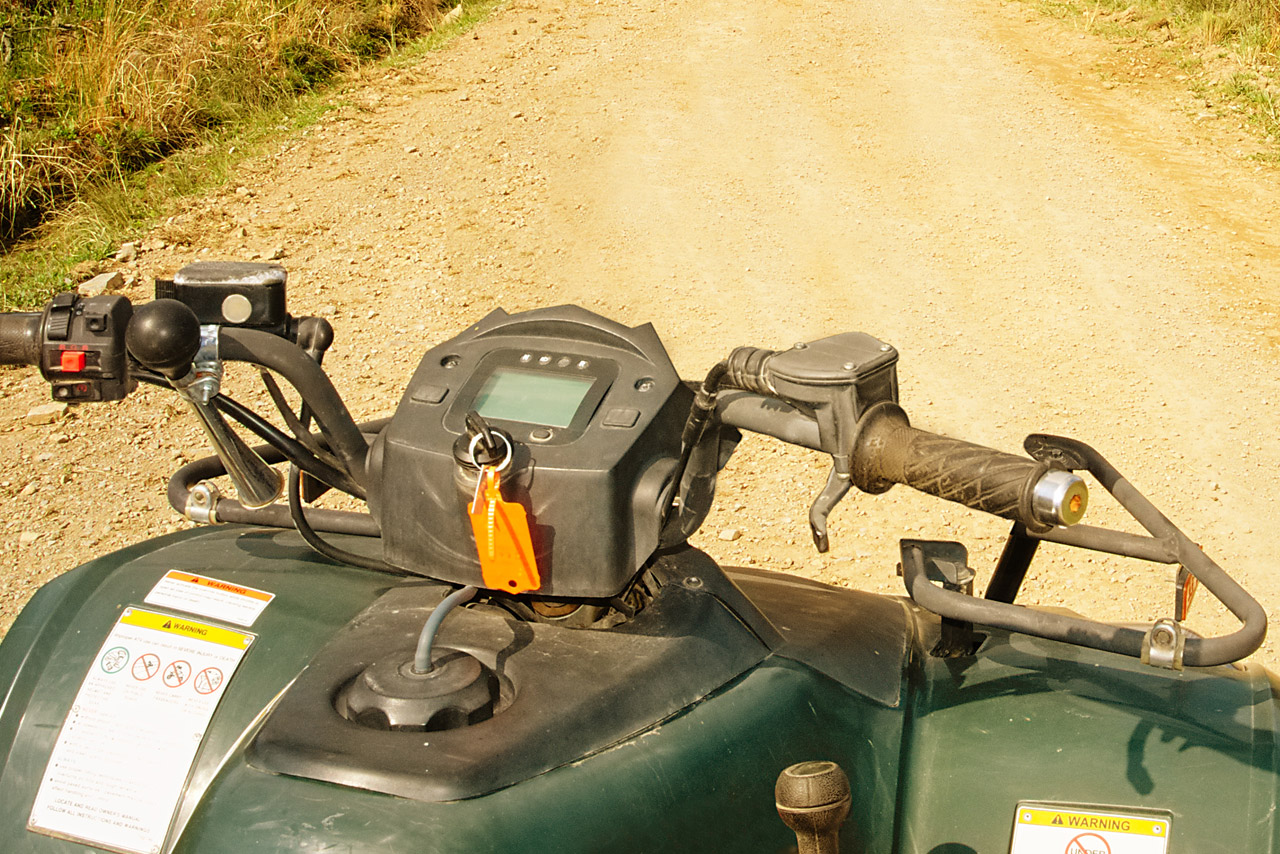Pridmore v. Drenth, 2023 ONSC 817
Reading Time: 5 minutes (approx.)
By: Charles Foster & Jadrien Hong
In March of 2014, Breanne Pridmore (the Plaintiff) was injured while a passenger on an ATV driven by Tyler Drenth and owned by his father, Theodore Drenth (collectively, the Defendants). The Defendant owner had an insurance policy issued by Novex Insurance Company (the Third Party) which covered the ATV and included his son as an insured when operating the ATV with permission.
On the date of the accident, the Defendant driver had been given permission by his father to take the ATV on nearby trails. He picked up the Plaintiff up as a passenger on the way. To reach the trails, the Defendant driver had to drive a short distance on a highway, Central Lane, which he did with his father’s knowledge and permission. When returning home, the Defendant driver chose to drive on the shoulder of a different highway, Bird Road, instead of the trails, and struck a culvert, causing the ATV to flip and injuring himself and the Plaintiff. The Defendant driver only held a G1 license, which required a licensed driver to be seated next to him while operating a motor vehicle on a highway, and he was convicted of two offences under the Highway Traffic Act: driving on a highway without a proper license and driving an ATV on a highway.
When the Plaintiff took action against the Defendants, the Third-Party insurer denied coverage to the Defendants on the basis that the Defendant owner had breached a statutory condition of the policy by permitting his son to operate the ATV on a highway without a proper license. The Plaintiff brought a motion for summary judgement to require the Third Party to provide coverage to the Defendants up to the full third-party limits stated in the policy, while the Third Party sought dismissal of the motion and affirmation of its denial of coverage.
The court’s decision came down to the terms of Defendant owner’s consent for the Defendant driver to operate the ATV. The Defendant driver was given “specific and limited consent” to drive the ATV on Central Lane to access the trails, to drive on the trails, and to then return home by the same route [para 64]; he had not been given permission to leave the trails and drive along the shoulder of Bird Road.
Refencing Beacomon v. Wawanesa Mutual Insurance 2007 CarwellOnt. 9747, the court reasoned that, had the accident occurred on a trail, the Third Party would be obligated to defend the insured (even though he drove on a highway without a proper license to reach the trail) because the breach of a statutory condition must occur “at the time of the incident”. This demonstrates that coverage for an entire trip would not be suspended due to a breach of a statutory condition which occurred during another part of the trip. The Defendant owner had breached a statutory condition by permitting the Defendant driver to operate the ATV on Central Lane without a proper license; however, he had not consented to the driver operating the ATV on Bird Road and, because this is where the incident occurred, he did not breach the statutory condition.
The court granted the Plaintiff’s summary judgement motion and stated that, in the alternative, it would grant relief from forfeiture on the basis that: firstly, the breach was minor; secondly, the Defendant owner’s conduct was reasonable and “constituted imperfect compliance with the terms of the policy” [para 97]; and thirdly, the disparity between the value of the property forfeited (the $1 million in insurance coverage) and the damage caused by the breach (the Defendant owner permitting the Defendant driver to drive on Central Lane without a proper license) was immense. The court declared the full Third-Party policy limits available to the Defendants.
Link: https://www.canlii.org/en/on/onsc/doc/2023/2023onsc817/2023onsc817.html




